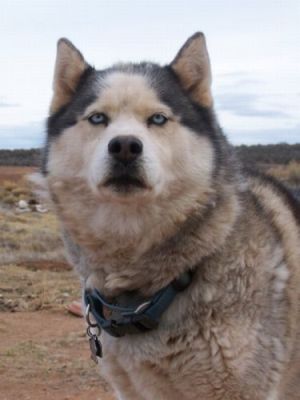Down to the boneyard went the child to play
Rake-a-long snake-a-long
Laughing all the day
Laughing in the ashes
Leaping on the stones
Hiding in the graveholes, building with the bones
Down to the stickyard came the sun to play
Break-a-long ache-a-long
Shining all the day
Shining on the ashes
Shouting on the stones
Peeking in the graveholes, waking up the bones
_____________________________________________________________________________________________________
Mark Penny lives in a world of people, books and guitars seasoned with a laptop and a bodhran. He first came to light on March 9, 1964 in the mill and market town of Ashton-under-Lyne, Lancashire, England, and led a nomadic existence between British Columbia, Orem (Utah), Haiti, Alberta (Canada), and Ukraine before settling in Kaohsiung City, Taiwan, where he teaches English and raises feral children. In addition to sporadic pulses of poetry, he writes songs (music and lyrics), fiction (short, long and serial) and carefully graded TESOL materials, examples of all of which are available here.
*Competition entry*


